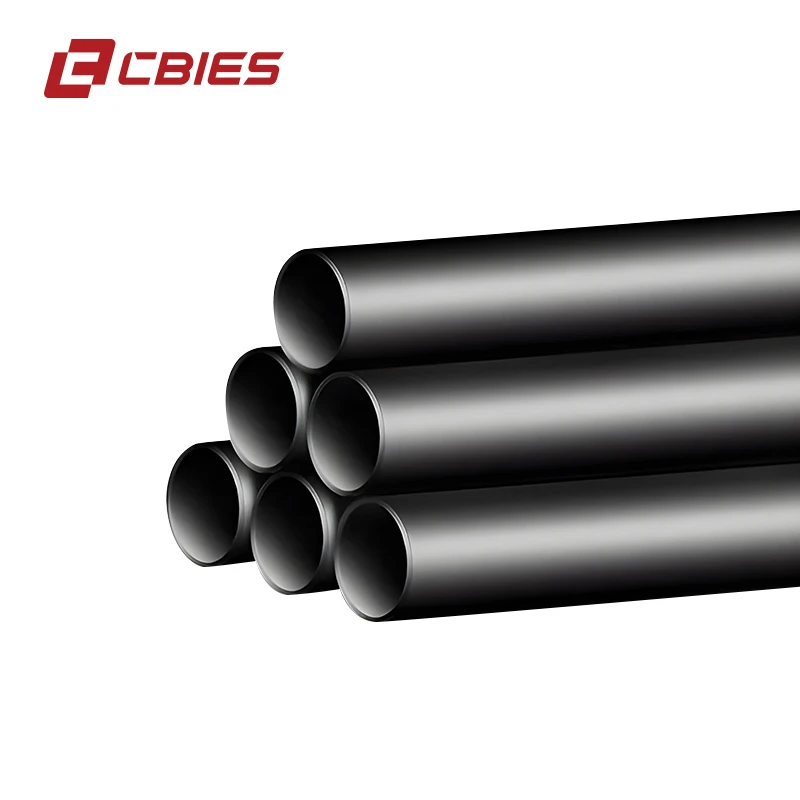
Understanding OEM Car Parts The Benefits and Importance
When it comes to maintaining or repairing a vehicle, one of the most significant decisions a car owner must make is whether to use OEM (Original Equipment Manufacturer) car parts or aftermarket parts. OEM parts are made by the same company that manufactured the original parts used in the vehicle's assembly. This article explores the importance of OEM car parts, highlighting their benefits, and why they are often the preferred choice for many car owners and professionals in the automotive industry.
Quality Assurance
One of the most compelling reasons to consider OEM car parts is the assurance of quality. OEM parts are manufactured to strict specifications and quality control standards set by the vehicle’s manufacturer. This means that they are designed to fit perfectly and function optimally within your vehicle, unlike aftermarket parts which may vary in quality and compatibility. Using OEM parts helps ensure that repairs are done correctly the first time, reducing the likelihood of further issues due to poor-quality parts.
Perfect Fit
OEM car parts are engineered to the exact specifications of your vehicle. This leads to a perfect fit, which is crucial when replacing parts. Using the right part not only aids in the performance of the vehicle but also prolongs its lifespan. In contrast, aftermarket parts can sometimes be generic replacements that do not fit properly and could lead to additional repair costs down the line. The importance of a proper fit cannot be overstated; it is vital for maintaining the vehicle’s safety and performance.
Warranty and Reliability
Most OEM parts come with a warranty, which provides an additional layer of security for car owners. This means that if the part fails due to manufacturing defects, the manufacturer is responsible for replacing it. This reliable warranty system offers peace of mind that is often not available with aftermarket parts, which may have limited or no warranty coverage. When considering the long-term value of a purchase, having a warranty is a significant advantage that OEM parts offer.

Retained Value
Using OEM parts can help retain the resale value of a vehicle. When potential buyers are looking for a used car, they often consider the quality of the parts used in previous repairs. Cars that have been maintained with OEM parts signal to potential buyers that they have been cared for and that the owner prioritized quality. This attention to detail can significantly affect the resale value, making it a smart investment for car owners.
Safety First
Vehicle safety is paramount, and using OEM parts plays a critical role in keeping a car safe on the road. Since OEM parts meet the exact safety standards set by the manufacturer, they are more likely to perform as intended in critical situations. Aftermarket parts may not always meet those same safety standards, which could potentially compromise the safety of the vehicle. By opting for OEM, car owners can have greater confidence that their vehicle will perform safely under all conditions.
Limitations of Aftermarket Parts
While aftermarket parts can be appealing due to their affordability, they often lack the pedigree that OEM parts possess. Many aftermarket manufacturers do not adhere to the strict quality control standards that OEM manufacturers do. This variability can lead to parts that not only diminish the performance of the vehicle but also result in higher long-term costs due to premature failure and repeated repairs.
Conclusion
In conclusion, while the allure of saving money with aftermarket parts can be strong, the benefits of investing in OEM car parts are substantial. From guaranteed quality and superior fit to providing warranties and enhancing vehicle safety, OEM parts offer car owners many advantages that can lead to a more reliable and enjoyable driving experience. For anyone committed to maintaining their vehicle properly, choosing OEM parts is undoubtedly a wise decision that pays dividends in both the short and long run. Investing in quality car parts is an investment in the future performance and safety of your vehicle.